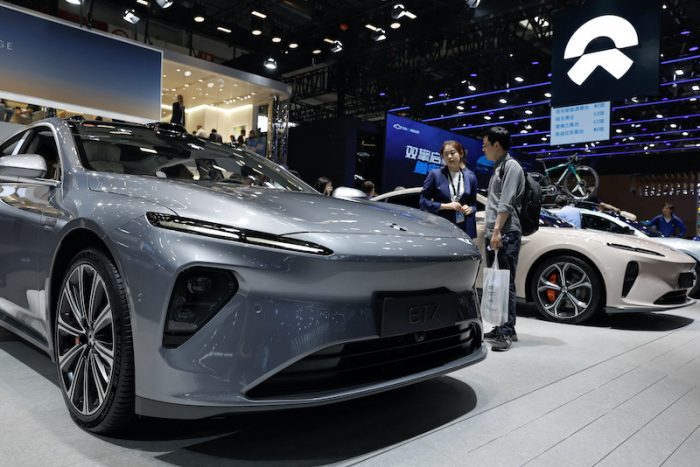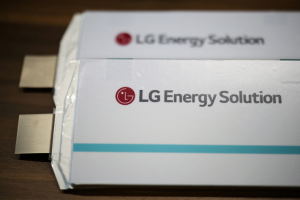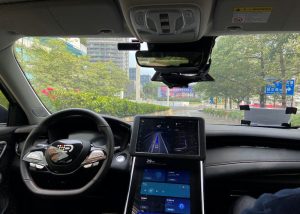The Biden Administration plans to unveil rules on electric vehicles next month that will put limits on software made in China.
A senior Commerce Department official said the proposed rules – which will apply to other countries regarded as ‘adversaries’ – would require some parts to be made in countries regarded as US allies.
“We’re looking at a few components and some software – not the whole car – but it would be some of the key driver components of the vehicle that manage the software and manage the data around that car that would have to be made in an allied country,” export controls chief Alan Estevez told a forum in Colorado.
ALSO SEE: PwC Slashes Financial Audit Staff in China After Clients’ Mass Exit
In May, Commerce Secretary Gina Raimondo said her department planned to issue proposed rules on Chinese-connected vehicles this autumn.
Raimondo warned that the Biden administration could take “extreme action” and ban Chinese-connected vehicles or impose restrictions on them after the Biden administration in February launched a probe into whether Chinese vehicle imports posed national security risks.
The comments of Estevez, who is the Commerce under-secretary for industry and security, are the most definitive to date about the administration’s plans on Chinese vehicles that sparked wide alarm.
Connected cars have onboard integrated network hardware that allows internet access, allowing them to share data with devices both inside and outside the vehicle.
‘Modern cars know a lot about you’
Estevez said on Tuesday that the threat in regard to EV software is serious.
“A car is a very scary thing. Your car knows a lot about you. Your car probably gets a software update, whether it’s an electric vehicle or an autonomous combustion engine vehicle,” he said.
“A modern car has a lot of software in it. It’s taking lots of pictures. It has a drive system. It’s connected to your phone. It knows who you call. It knows where you go. It knows a lot about you.”
The Chinese foreign ministry has previously urged the United States “to respect the laws of the market economy and principles of fair competition.”
It argues that Chinese cars are popular globally because they had emerged out of fierce market competition and are technologically innovative.
Raimondo said in May: “You can imagine the most catastrophic outcome theoretically if you had a couple million cars on the road and the software were disabled.”
There are relatively few imports of Chinese-made light duty vehicles in the United States. The Biden administration has proposed sharp hikes in tariffs on Chinese electric vehicles and other goods that they expect to be in place by August 1.
Details on what countries are regarded as US adversaries and allies were not revealed, but analysts say it could boost production of EVs in countries such as Japan and Thailand, which are long-time friends and security partners of the US.
- Reuters with additional input and editing by Jim Pollard
ALSO SEE:
US Planning ‘Aggressive’ Rules on Data Security for Chinese EVs
Chinese Firms Seen Shifting Production Abroad to Avoid US Tariffs
Biden Ramps US Tariffs on Chinese EVs, Metals, PV Cells, Chips
US ‘Pressured’ Mexico to Reel Back China EV-Maker Incentives
China’s BYD Confirms Mexico Factory Plan But Rules Out Exports
US Auto Sector ‘Faces Extinction’ From Chinese Mexico Imports
Biden Orders Probe Into Data Security Risks From Chinese EVs
Raimondo Says Chinese EVs Are a National Security Risk For US, EU
























